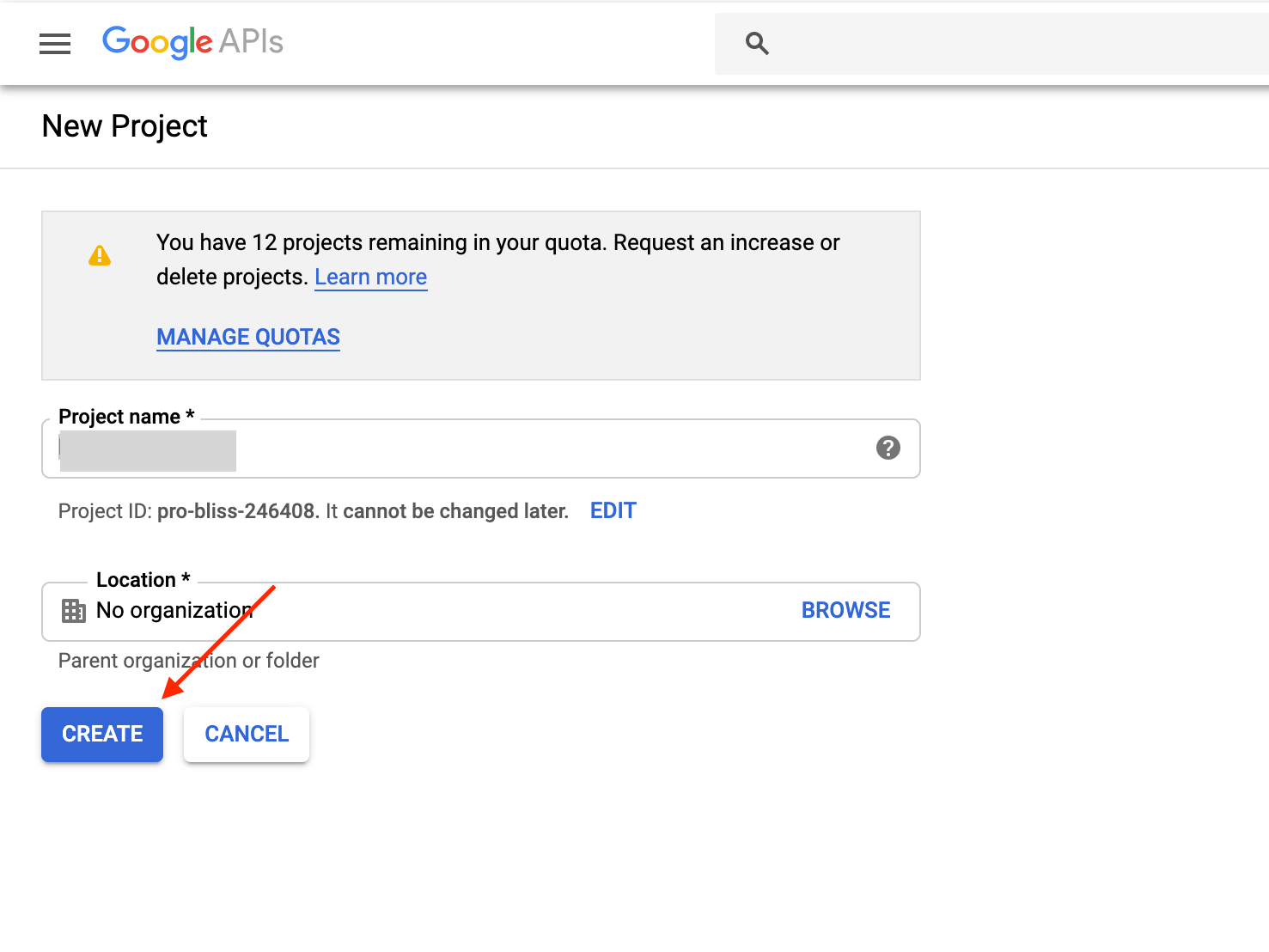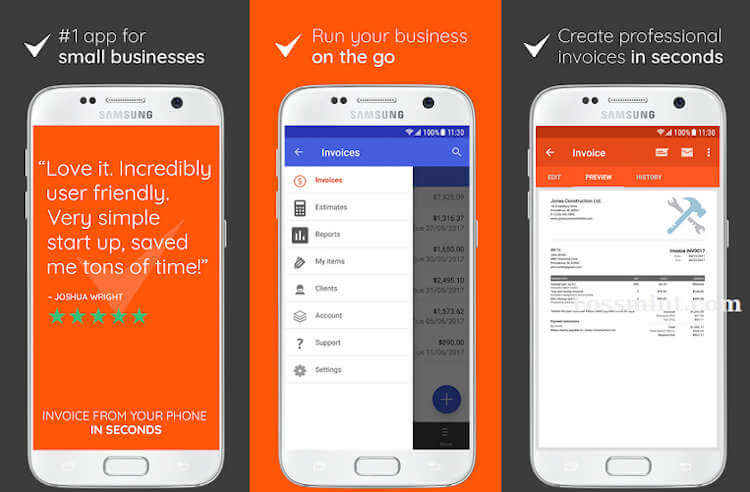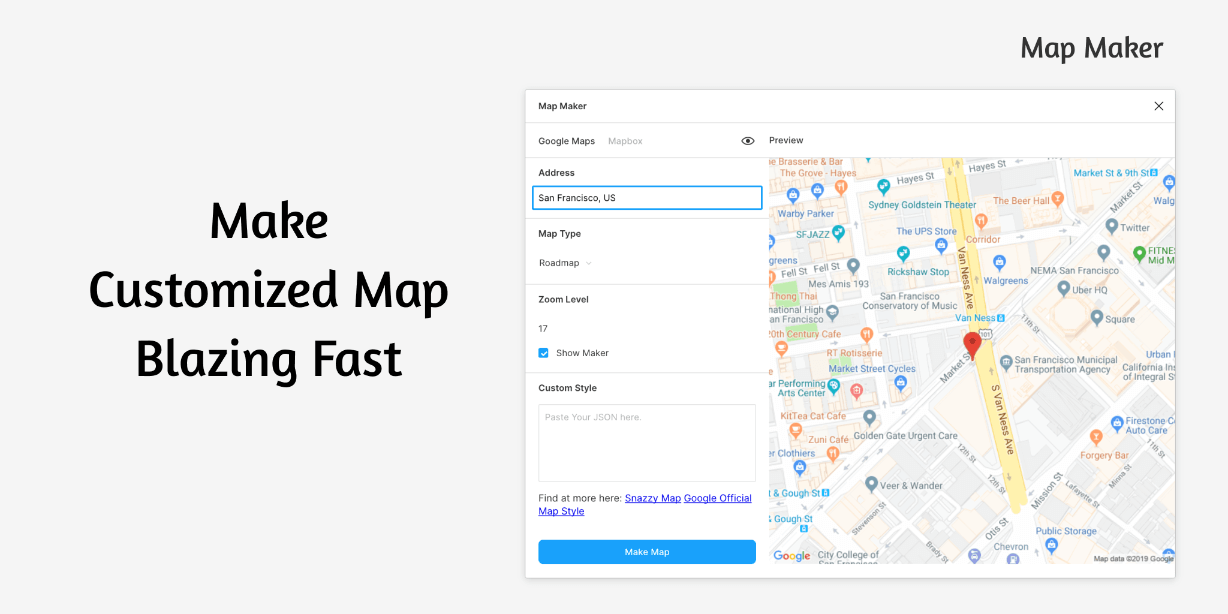

The seller must confirm that they are authorizing the sale.For example, the seller emails Support with the buyer cc'd or vice versa. The buyer and seller must reach out to the Support team at facilitate the sale.

While you can’t buy and sell plugins through the Figma Community or facilitate the sale of plugin licenses, you can sell the source code and ownership to plugins you've built by doing the following:

Publish a plugin to the Figma CommunityĬheck out our Figma Plugin Developer site for a complete guide on making plugins for Figma and FigJam.Build and test your Plugin (Visit the Figma Plugin Developer site).We designed this as a supplementary resource to our developer documentation. This article outlines the plugin development process in Figma. Plugins that run in the background - or respond to changes in a File - aren't currently supported. Only one plugin can be active at a time.User Actions are usually short-lived and are always manually invoked by the user. They can run immediately, or may require input from the user before applying any changes. Plugins can perform one or more "User Actions".Plugins can also use external Web APIs such as the Google Maps API. This allows you to create plugins that can view, modify and create objects or layers.The Figma Plugins API gives both you read and write access to Files.This ensures your plugins won't break when Figma releases new features and updates. We built the Plugin API around a set of fixed controlled endpoints. Plugins interact with Figma via a dedicated Plugin API. You can use plugins to customize your experience, or create more efficient workflows. Plugins are third-party scripts or applications that extend the functionality of Figma design and FigJam files. The Desktop App is only available for macOS and Windows. You can only register and publish plugins from the Figma Desktop App to develop plugins.


 0 kommentar(er)
0 kommentar(er)
